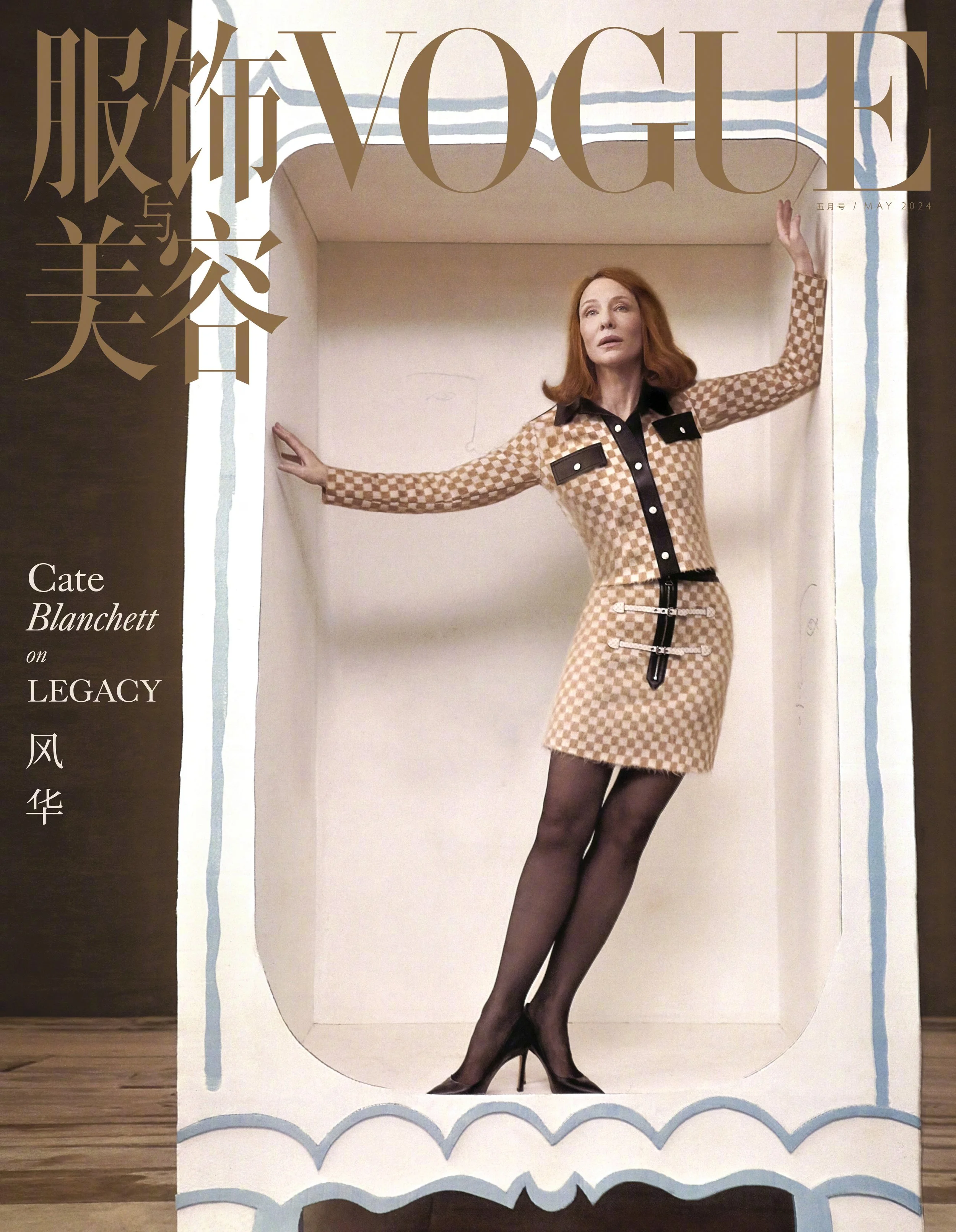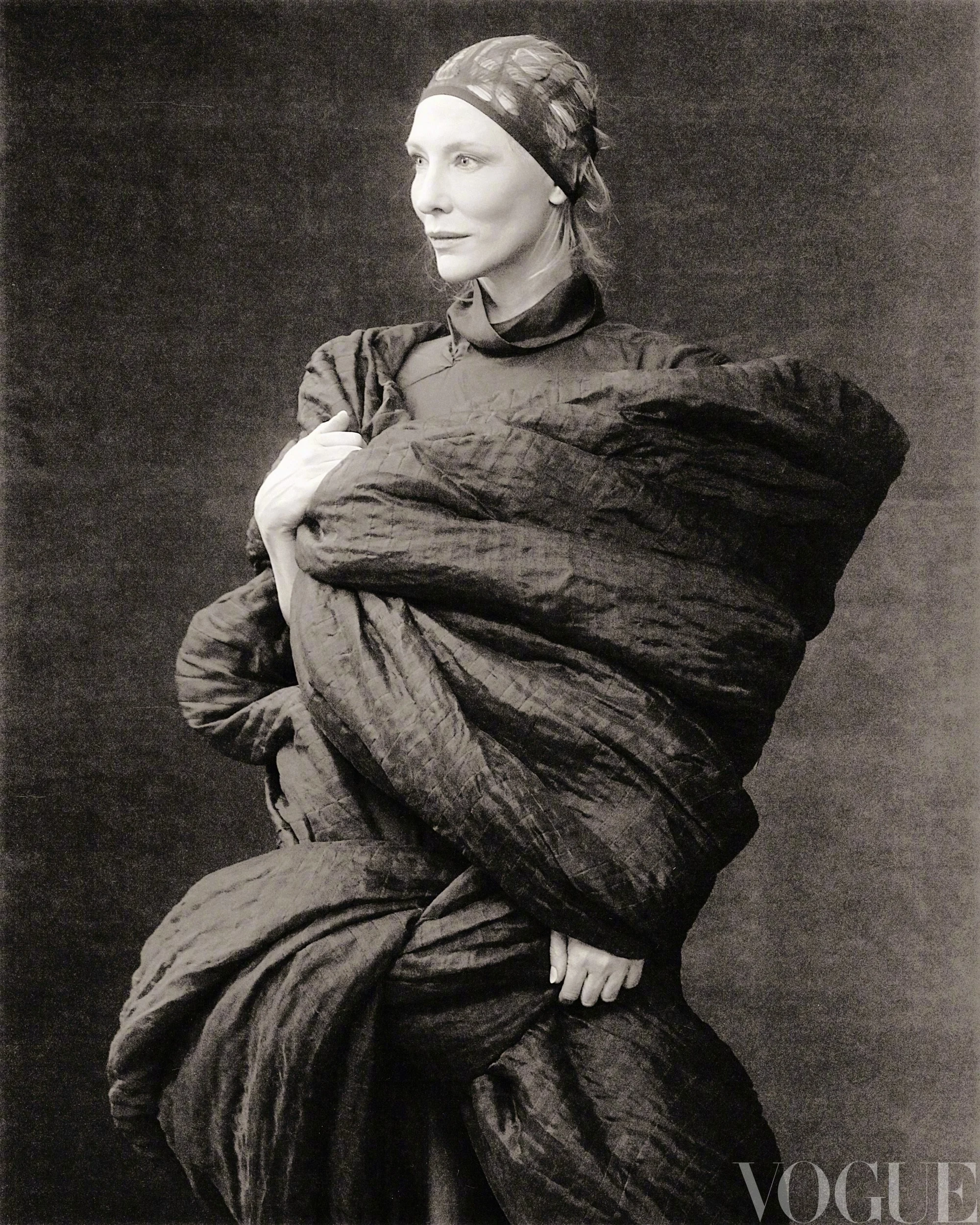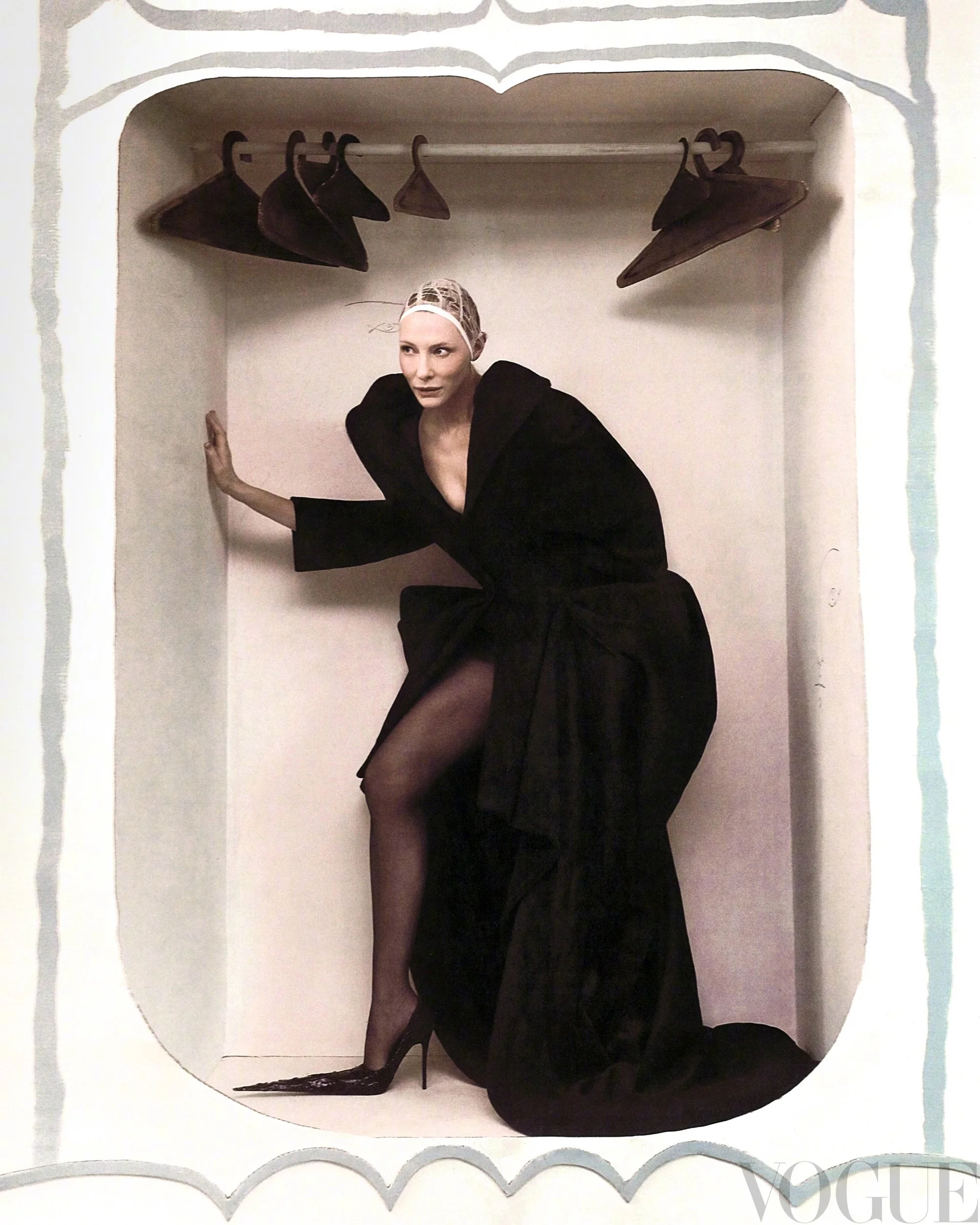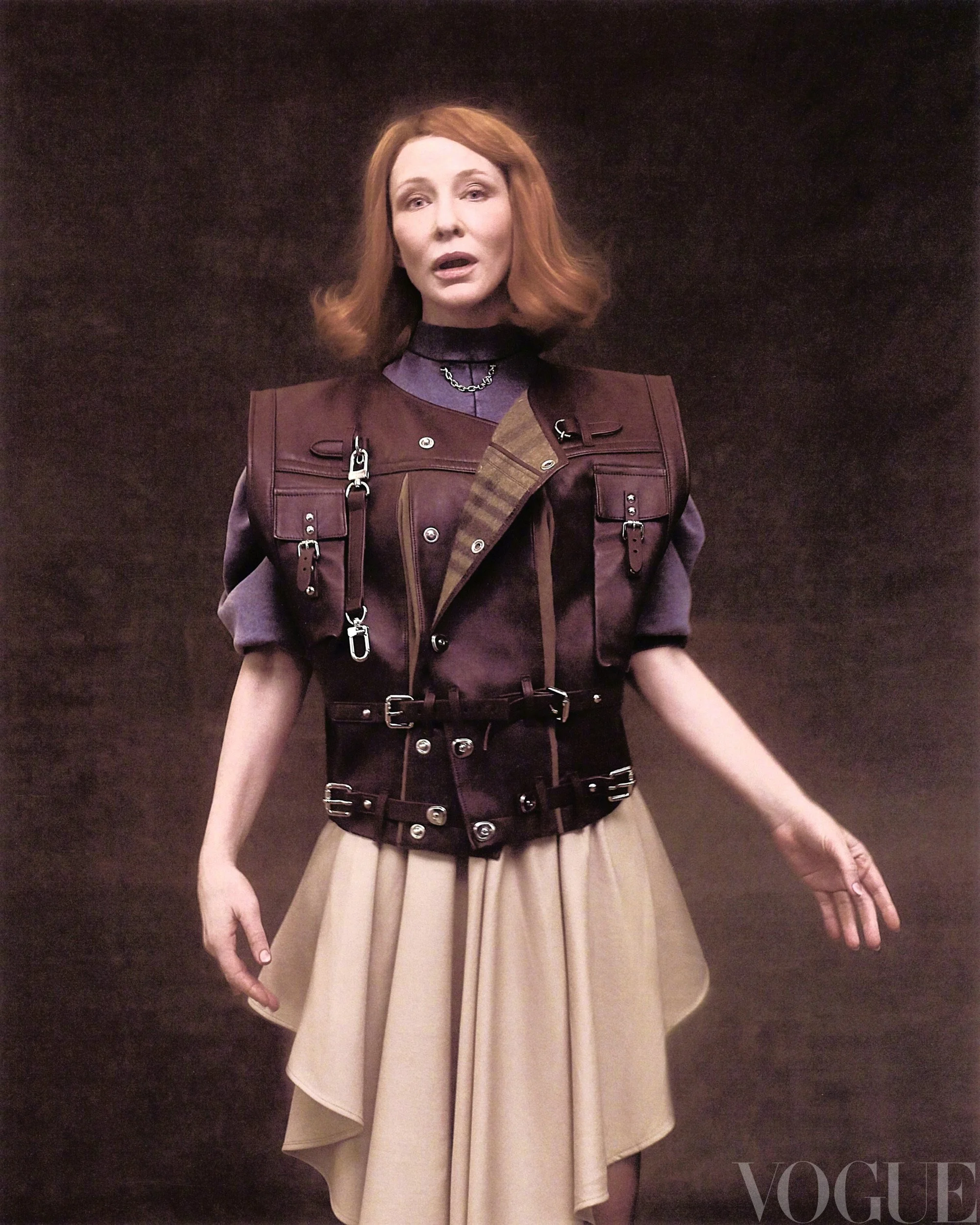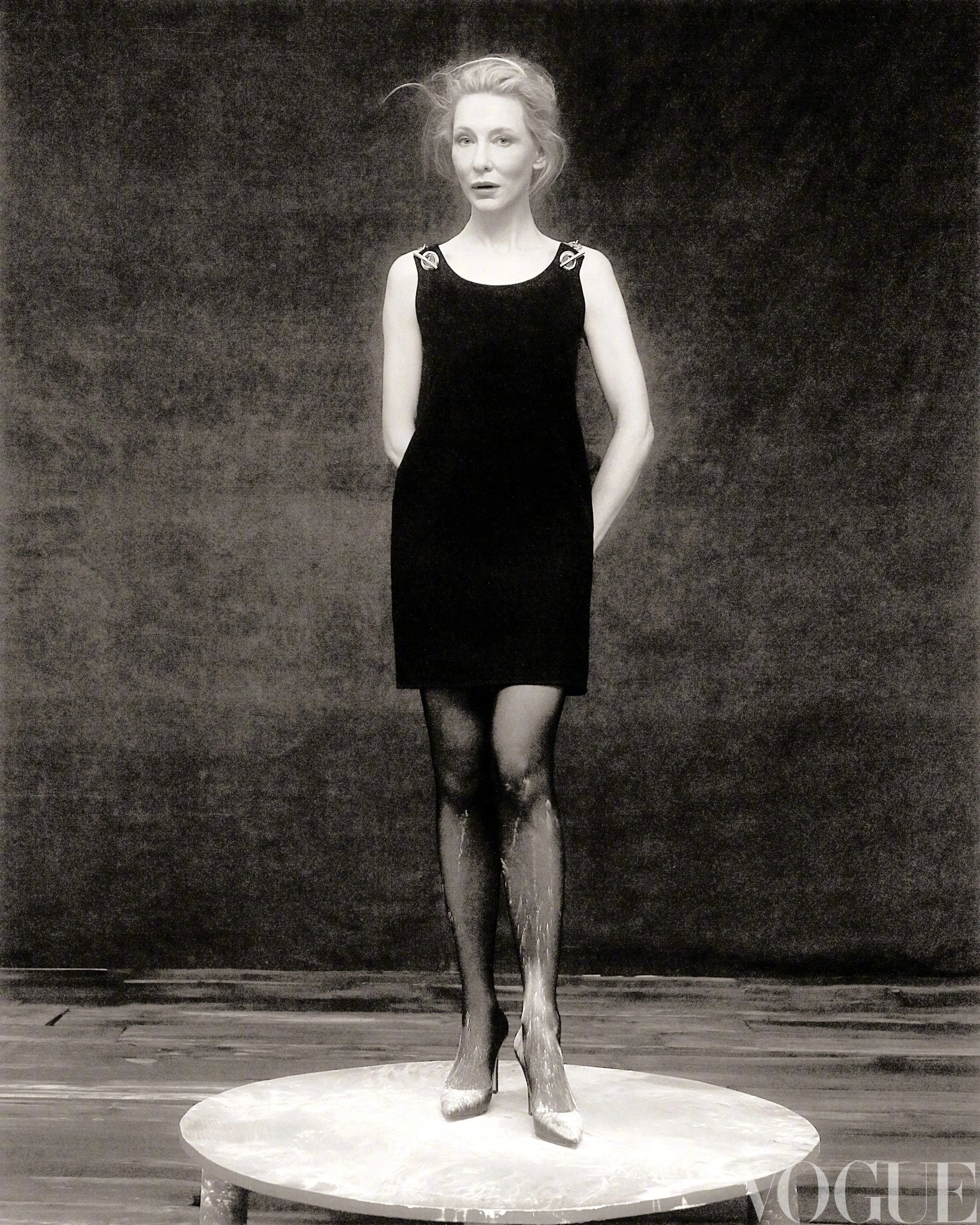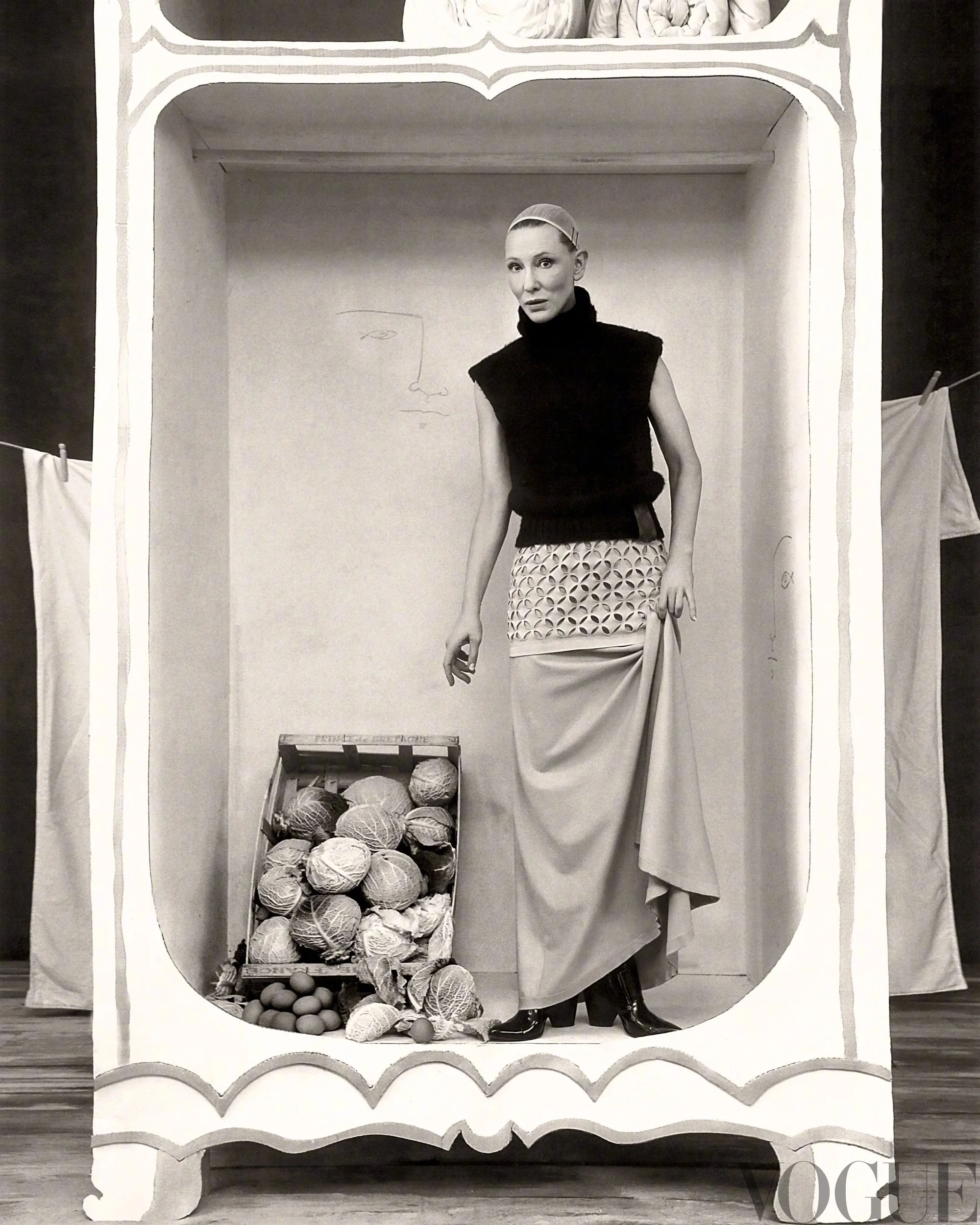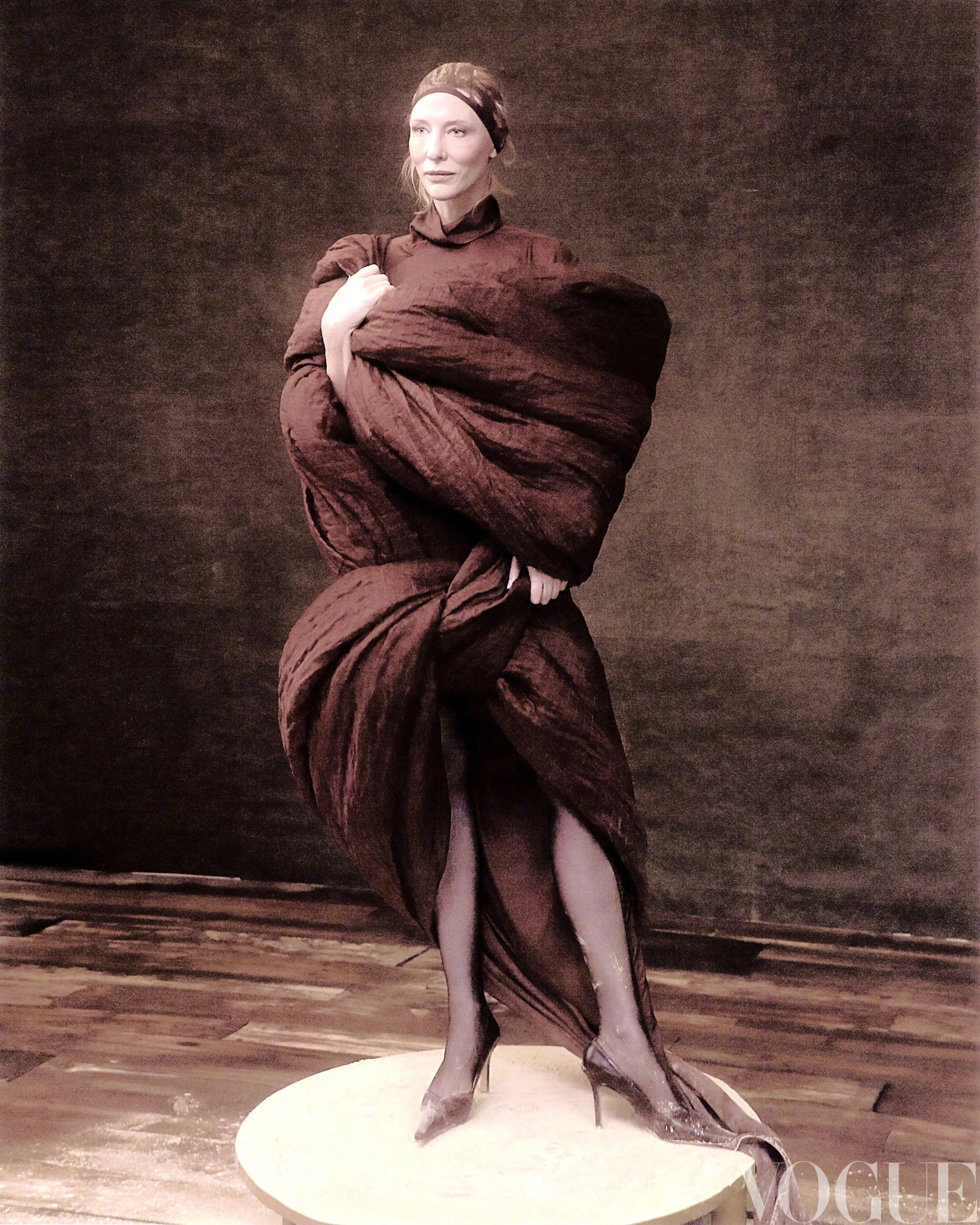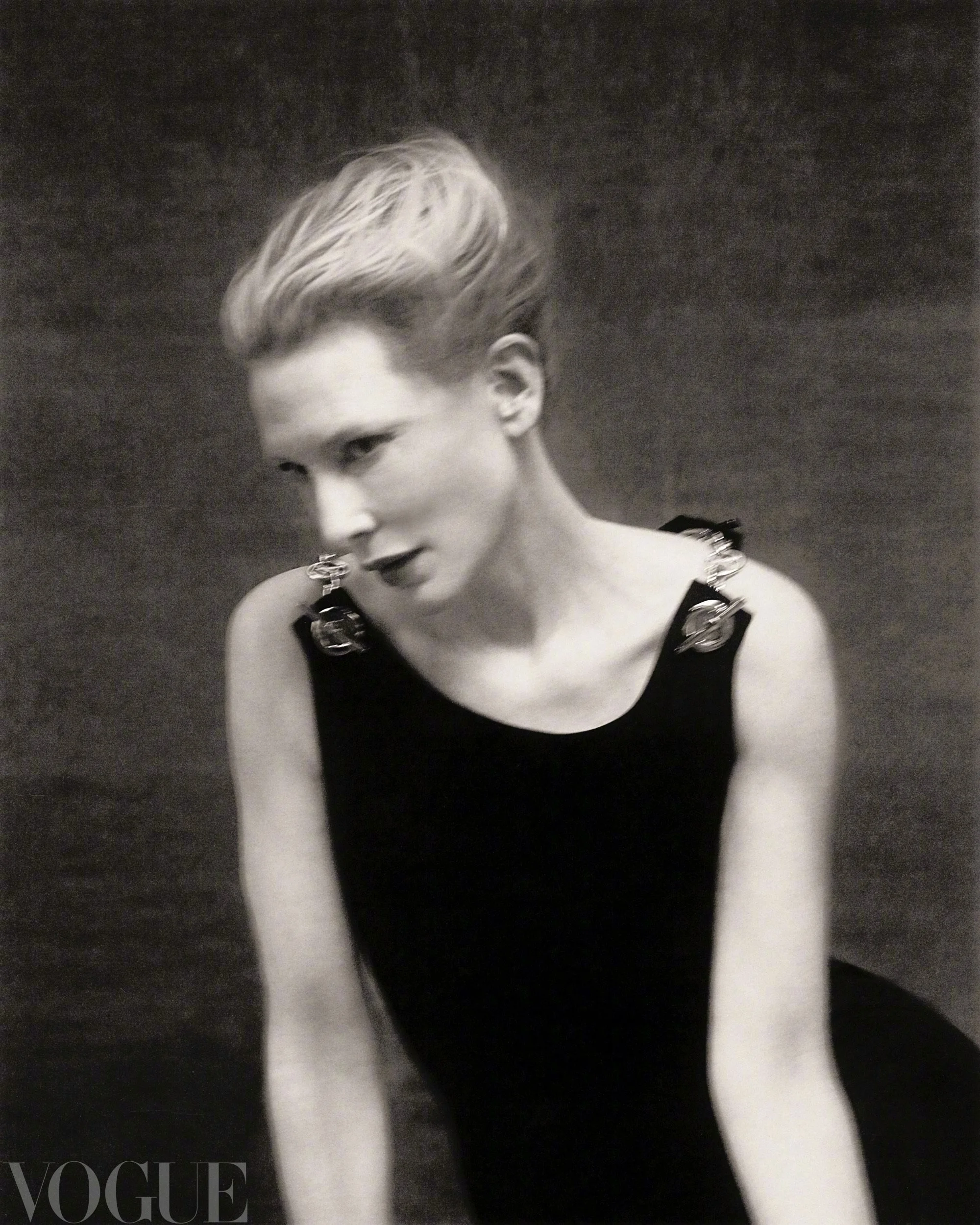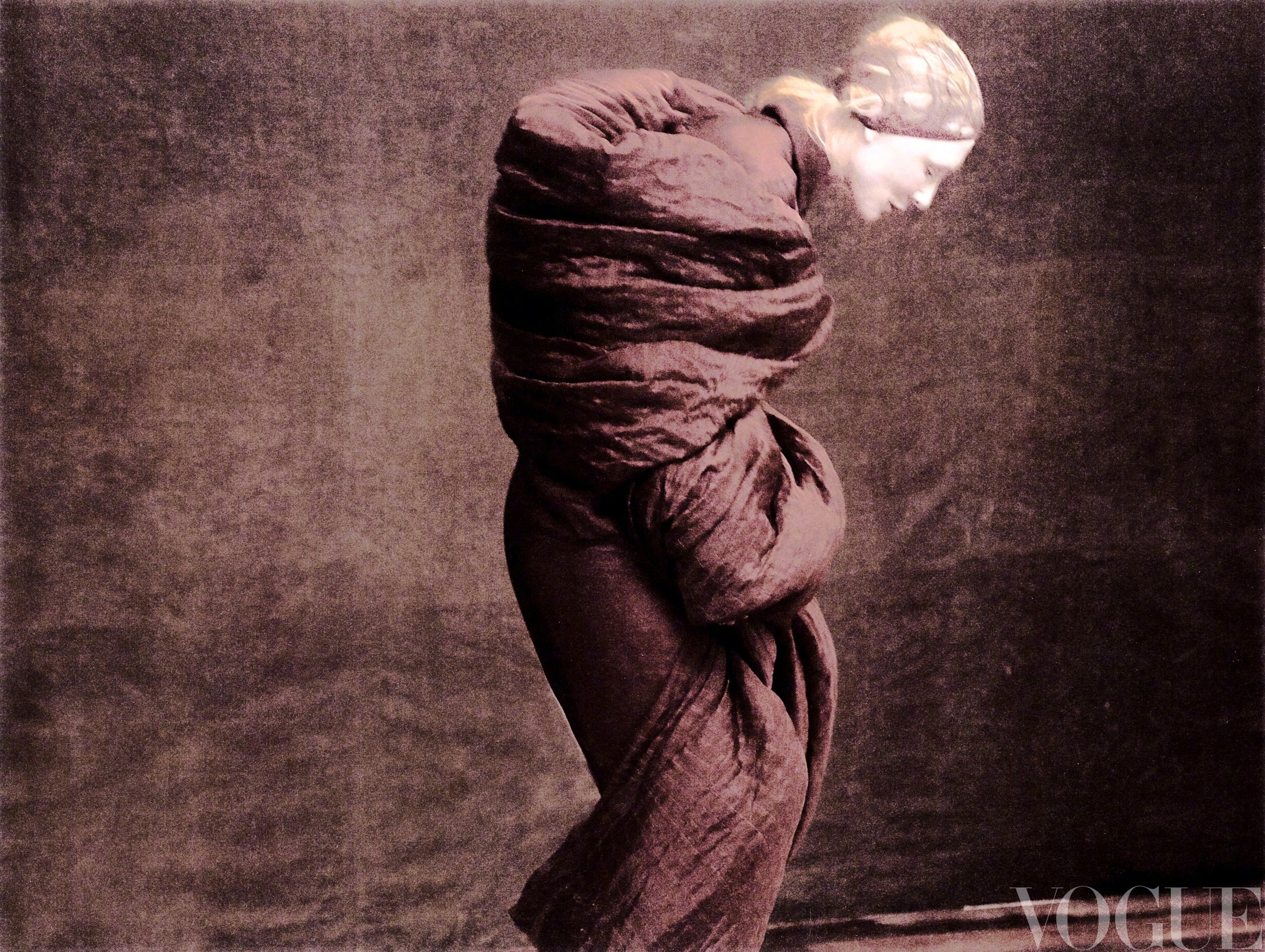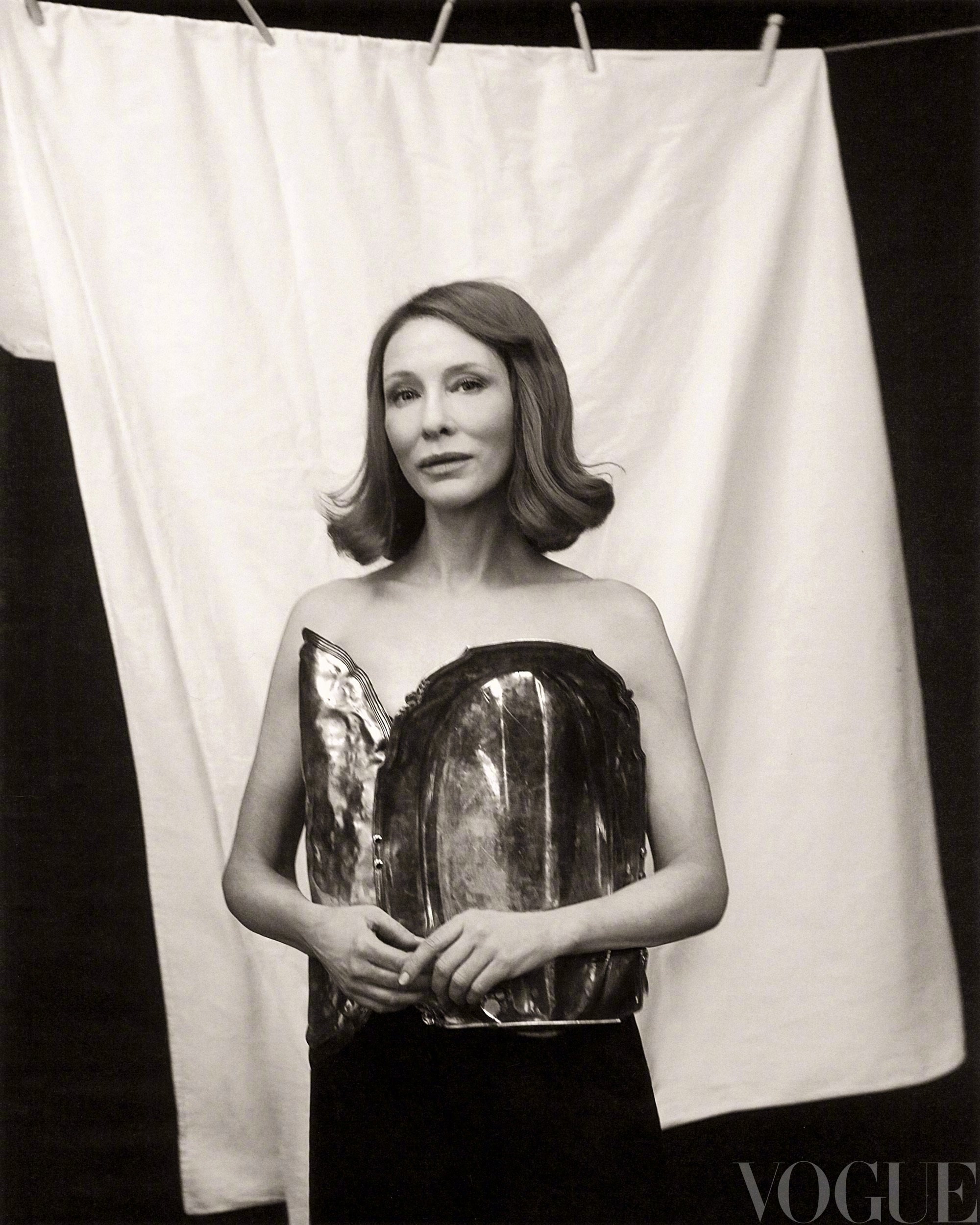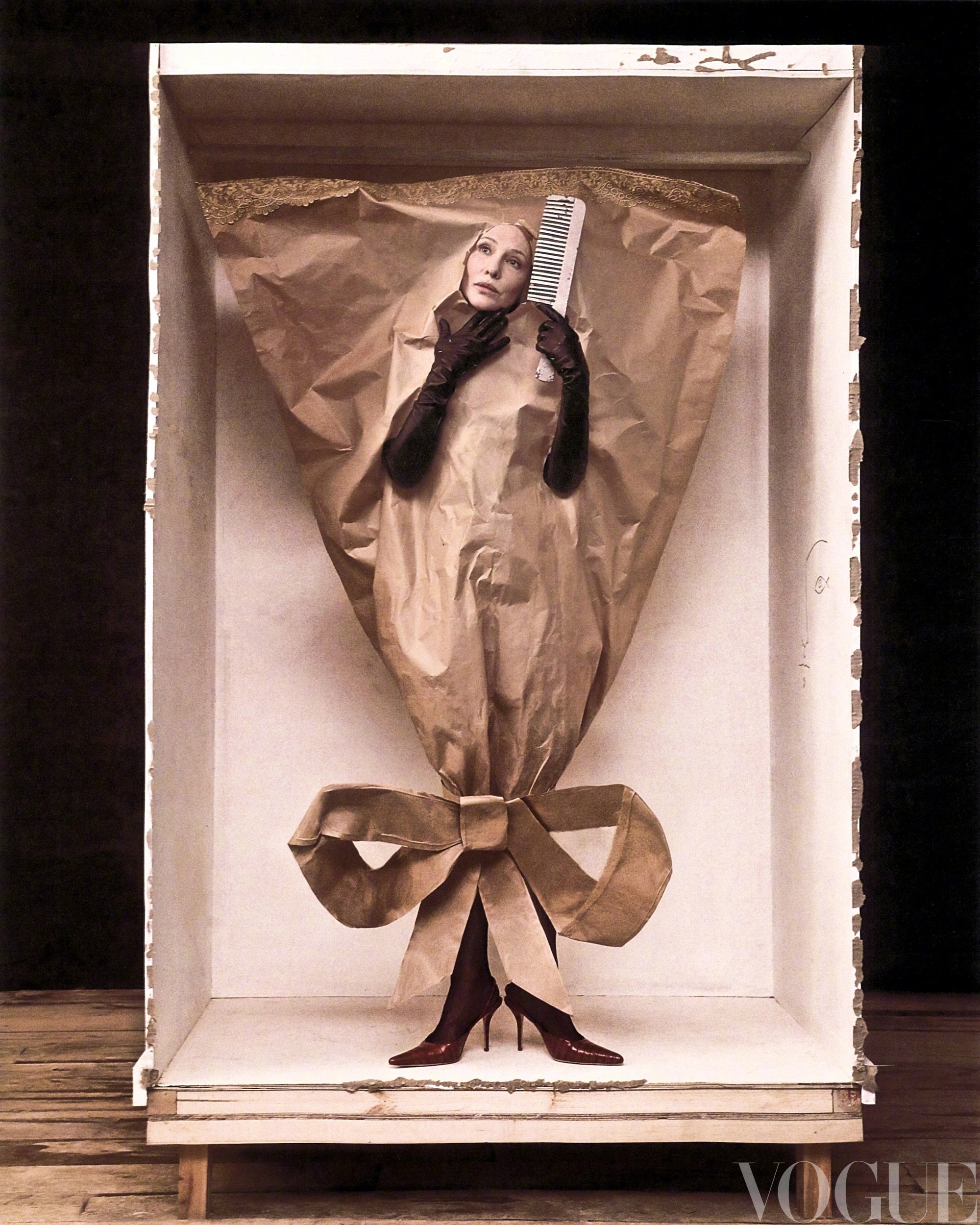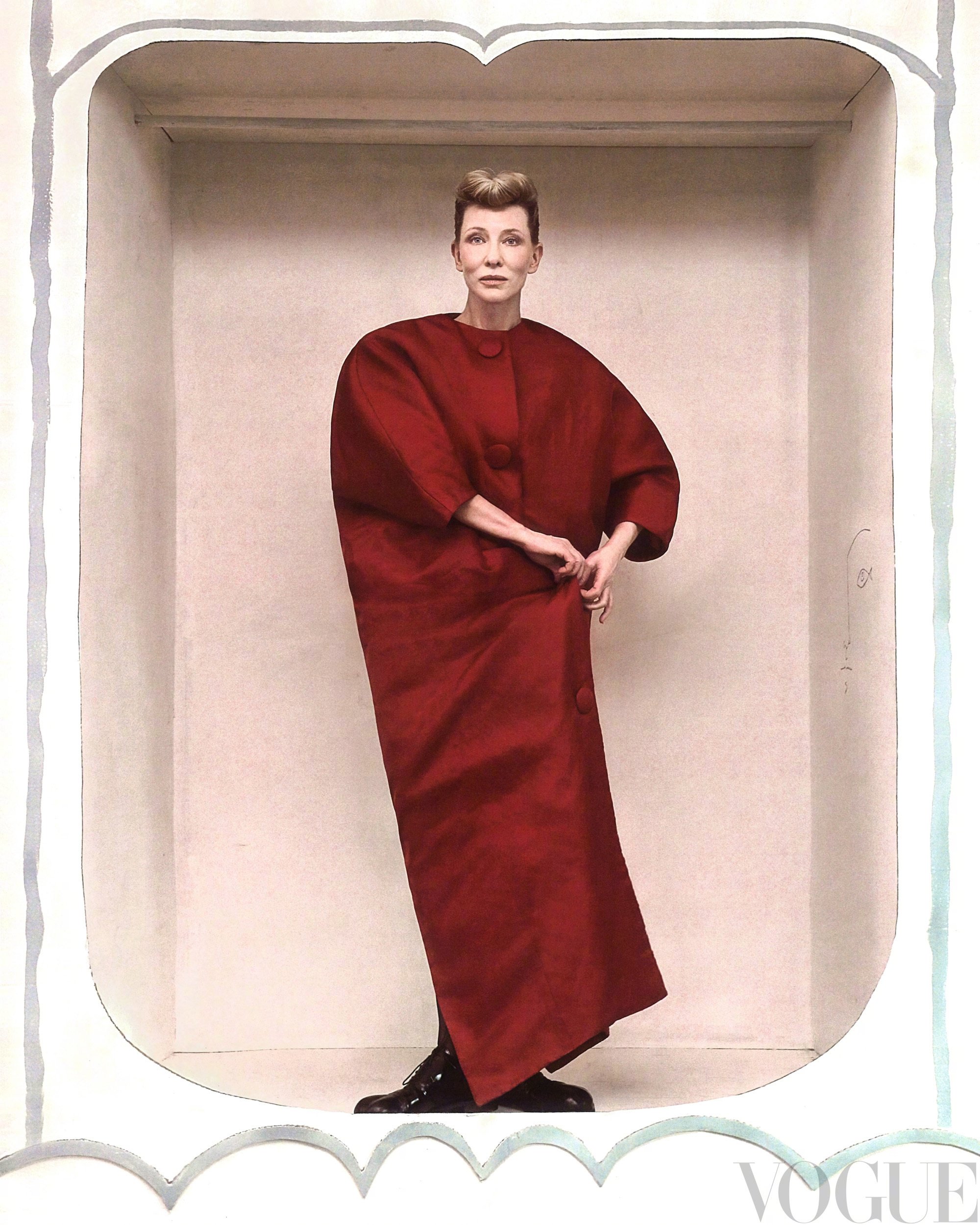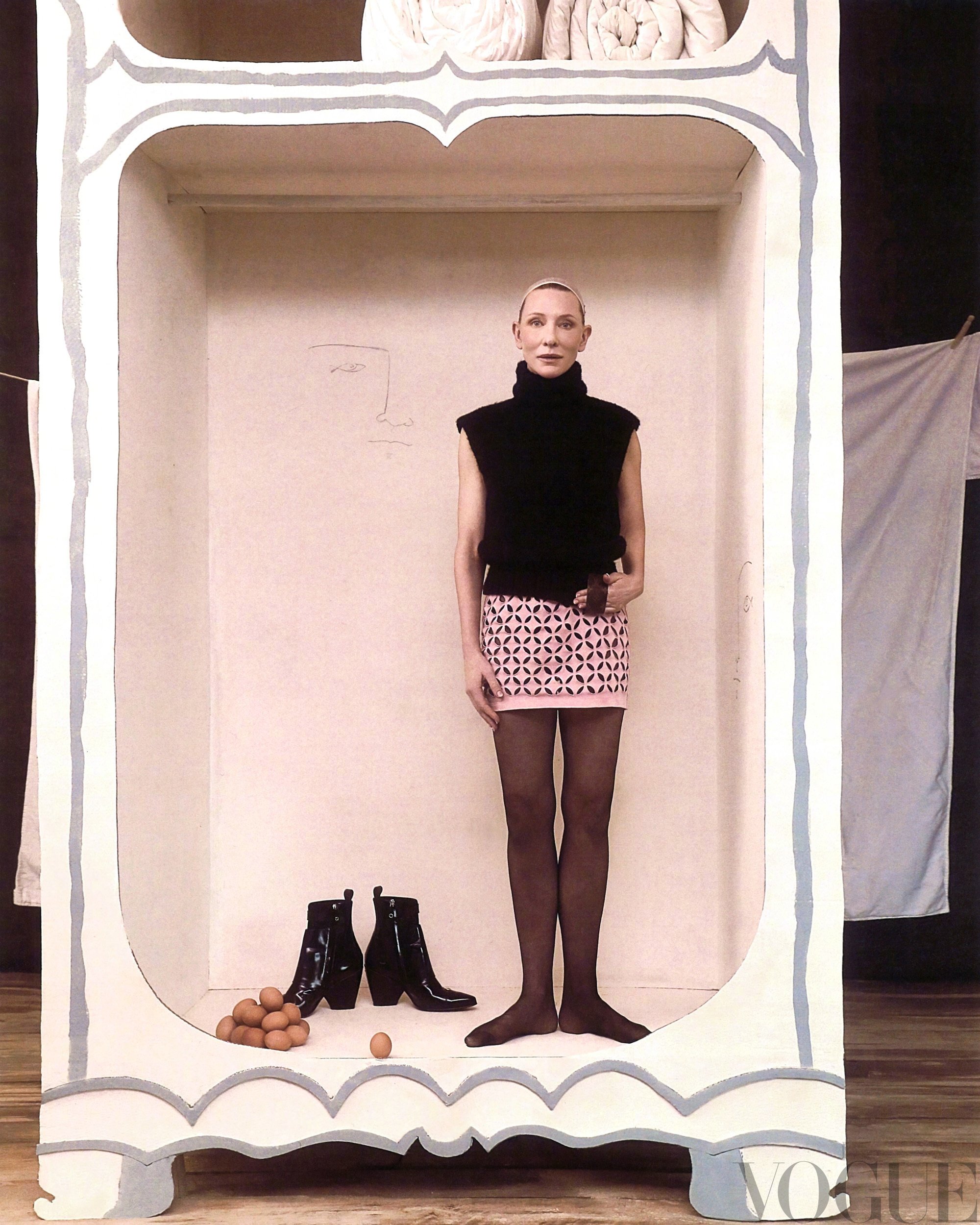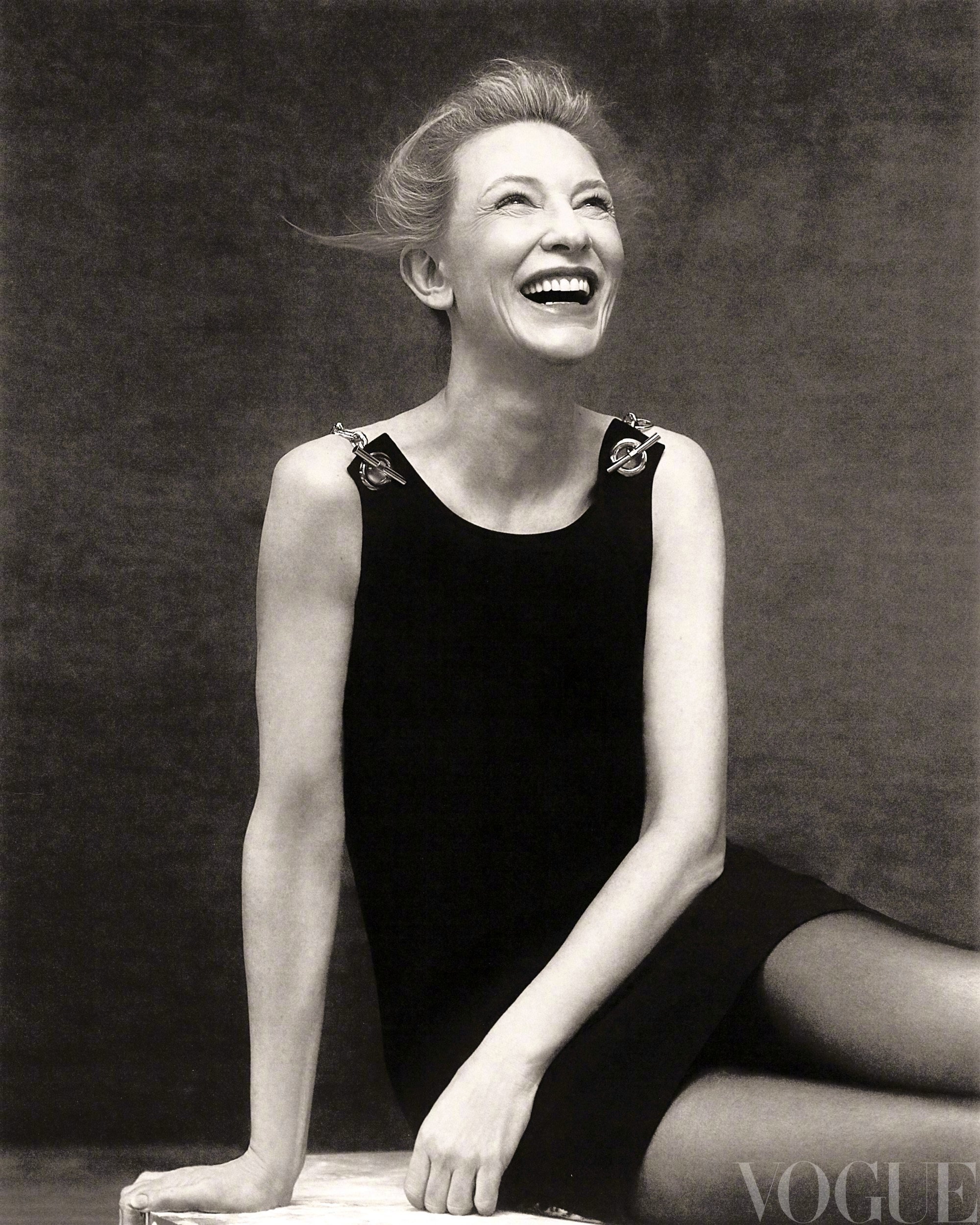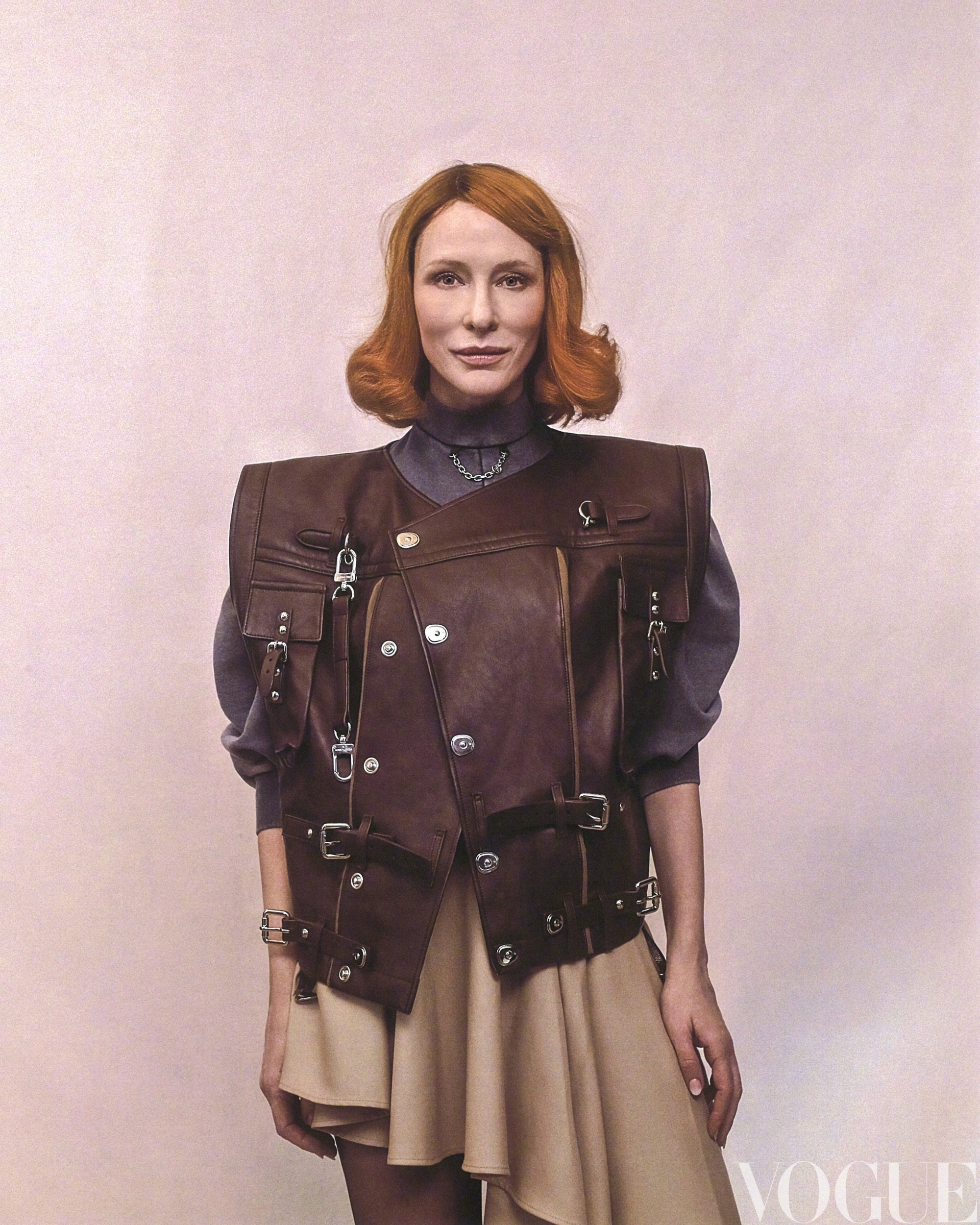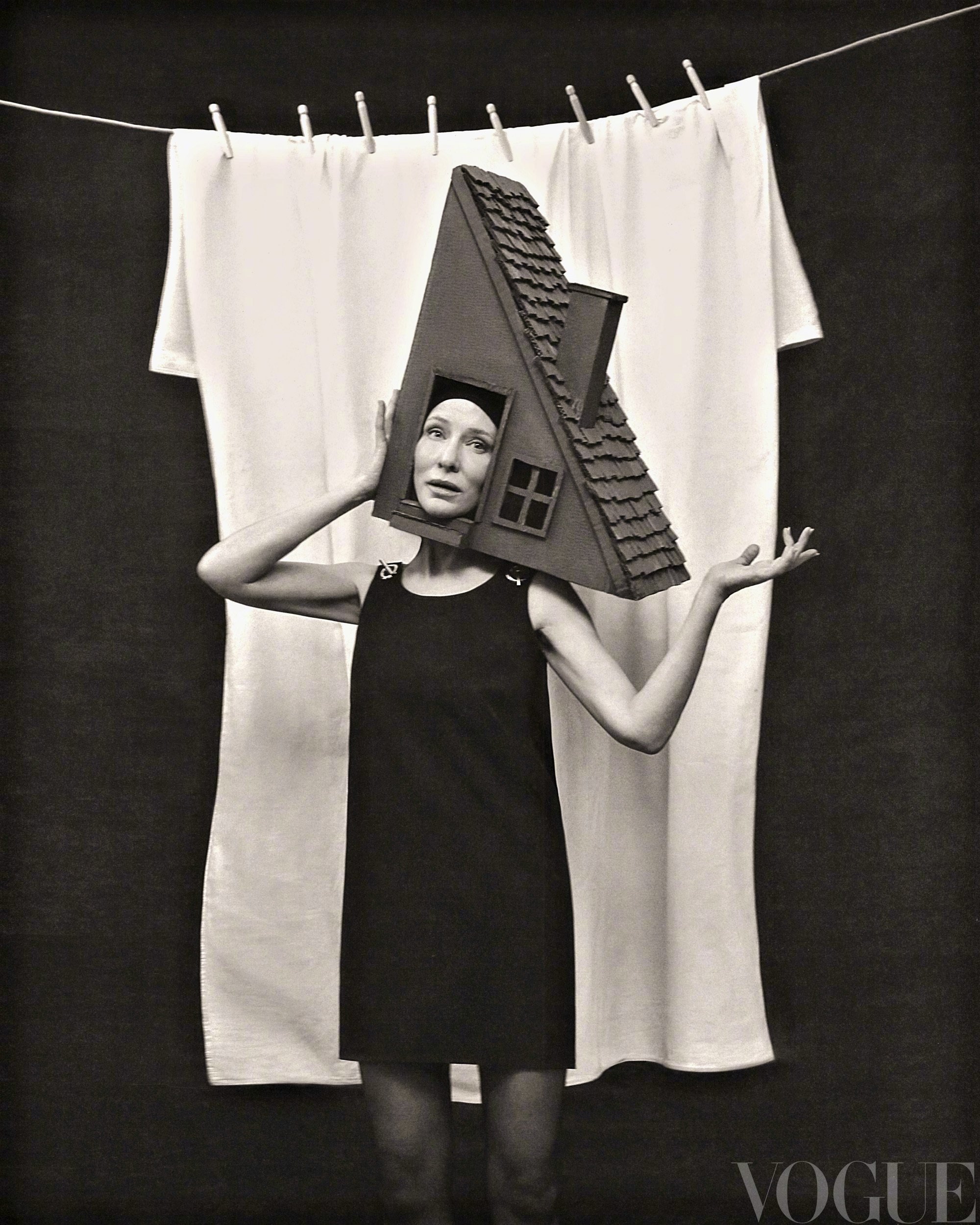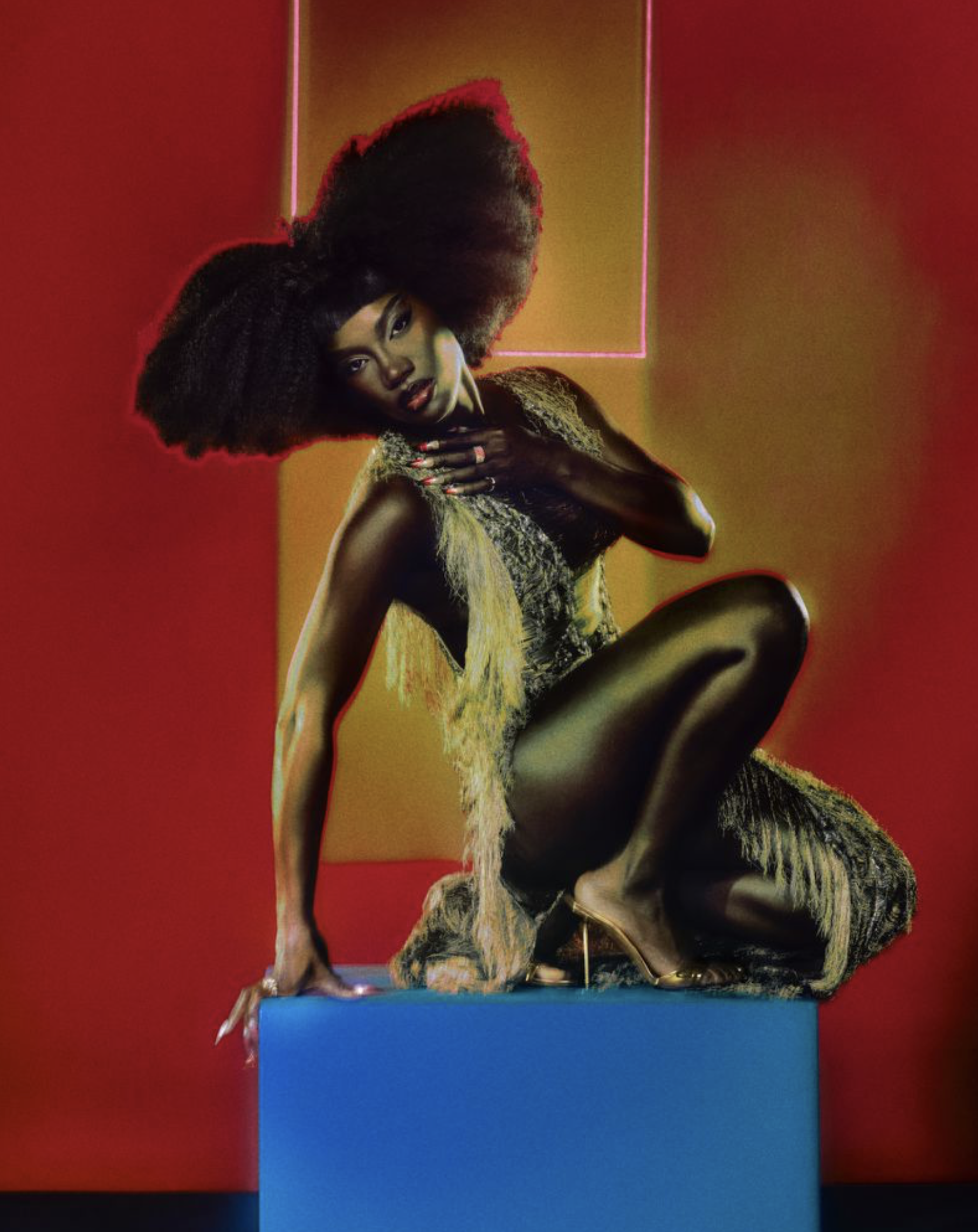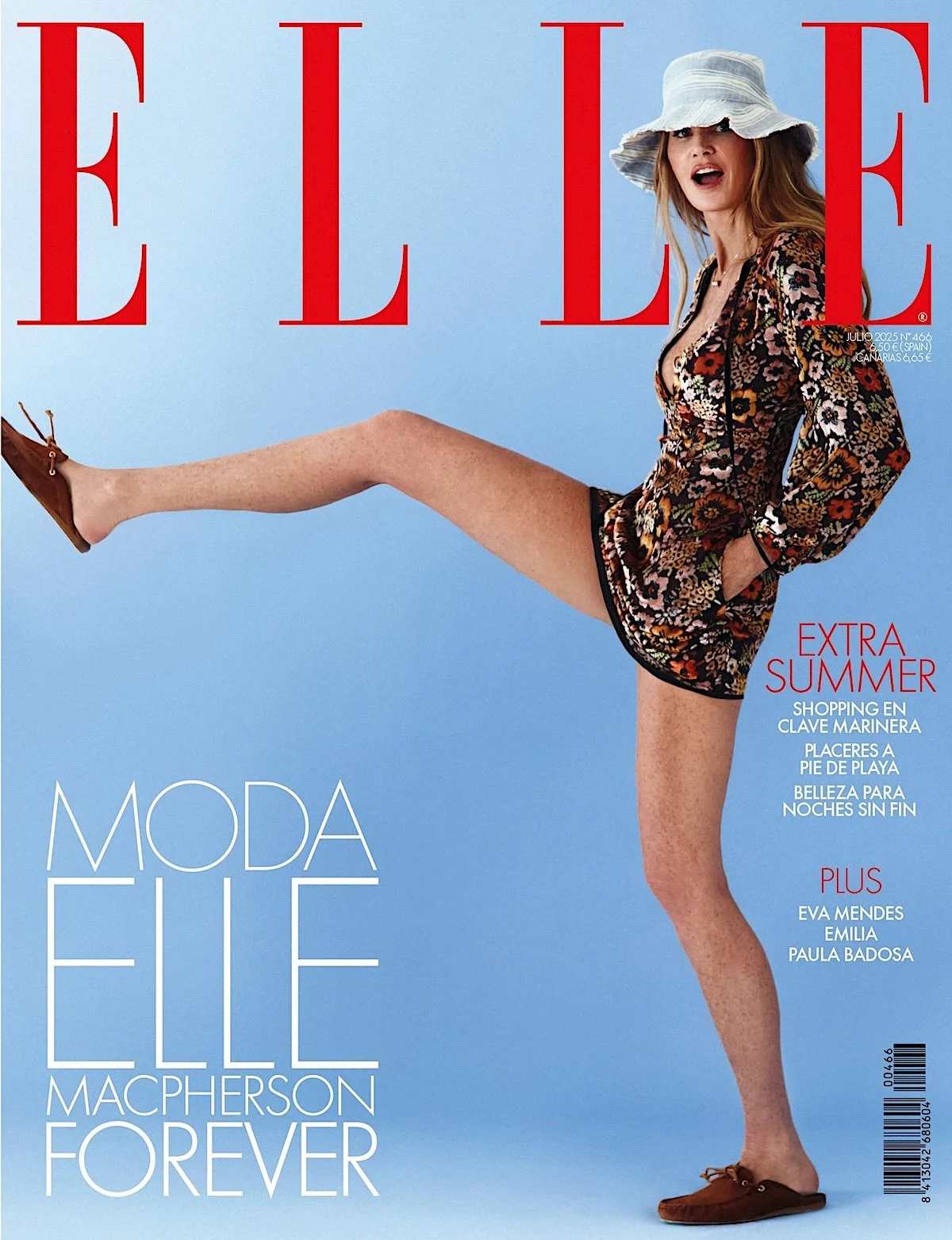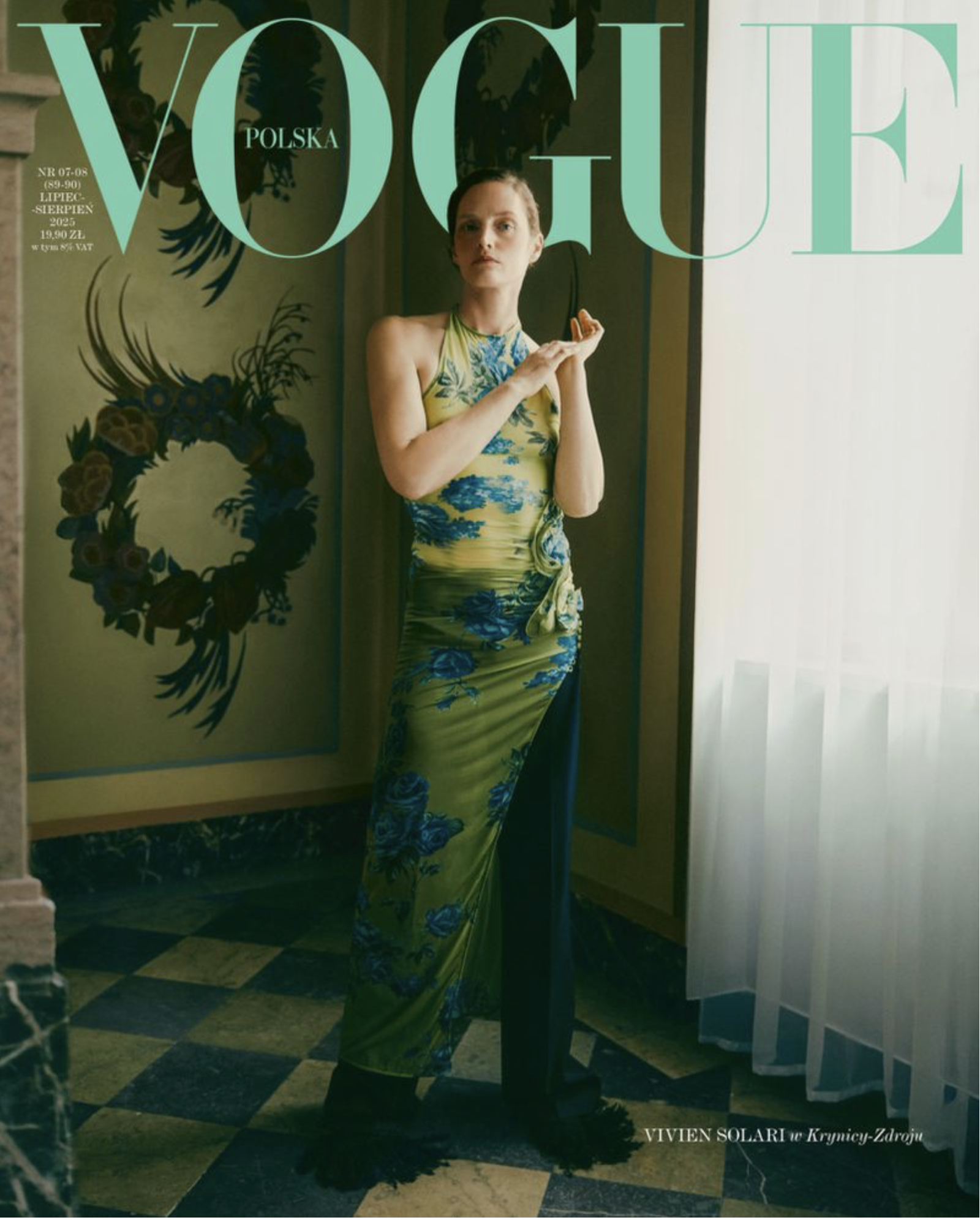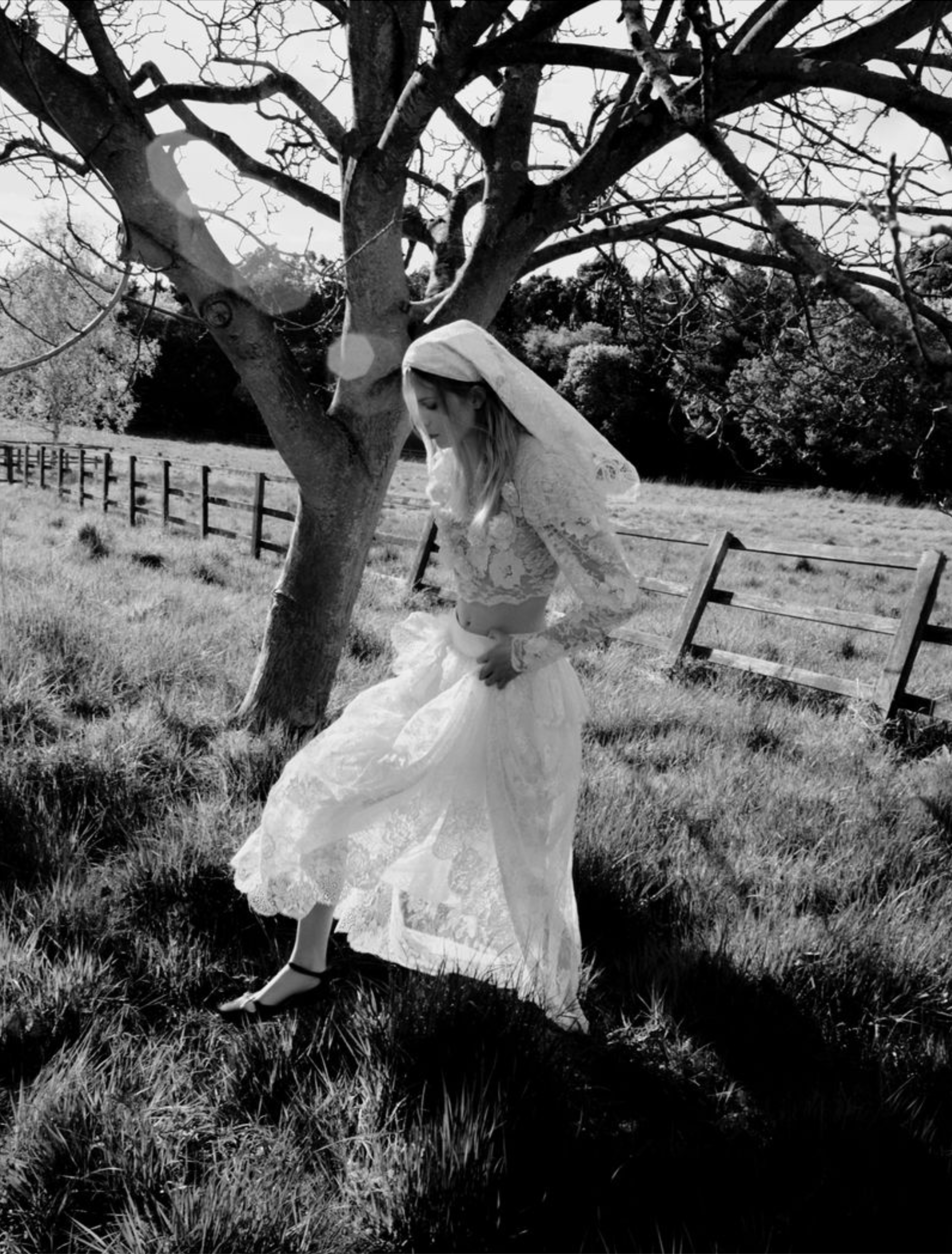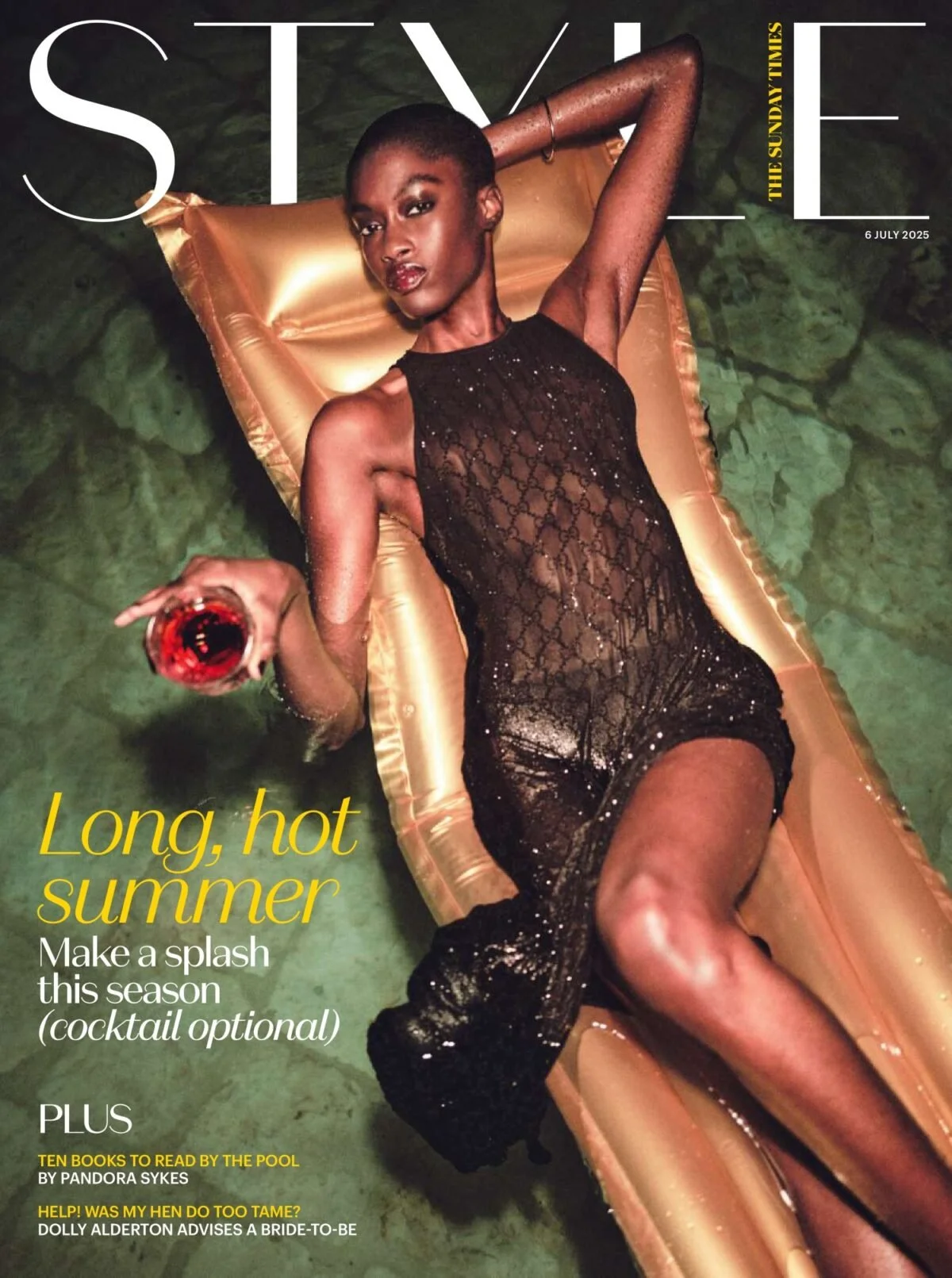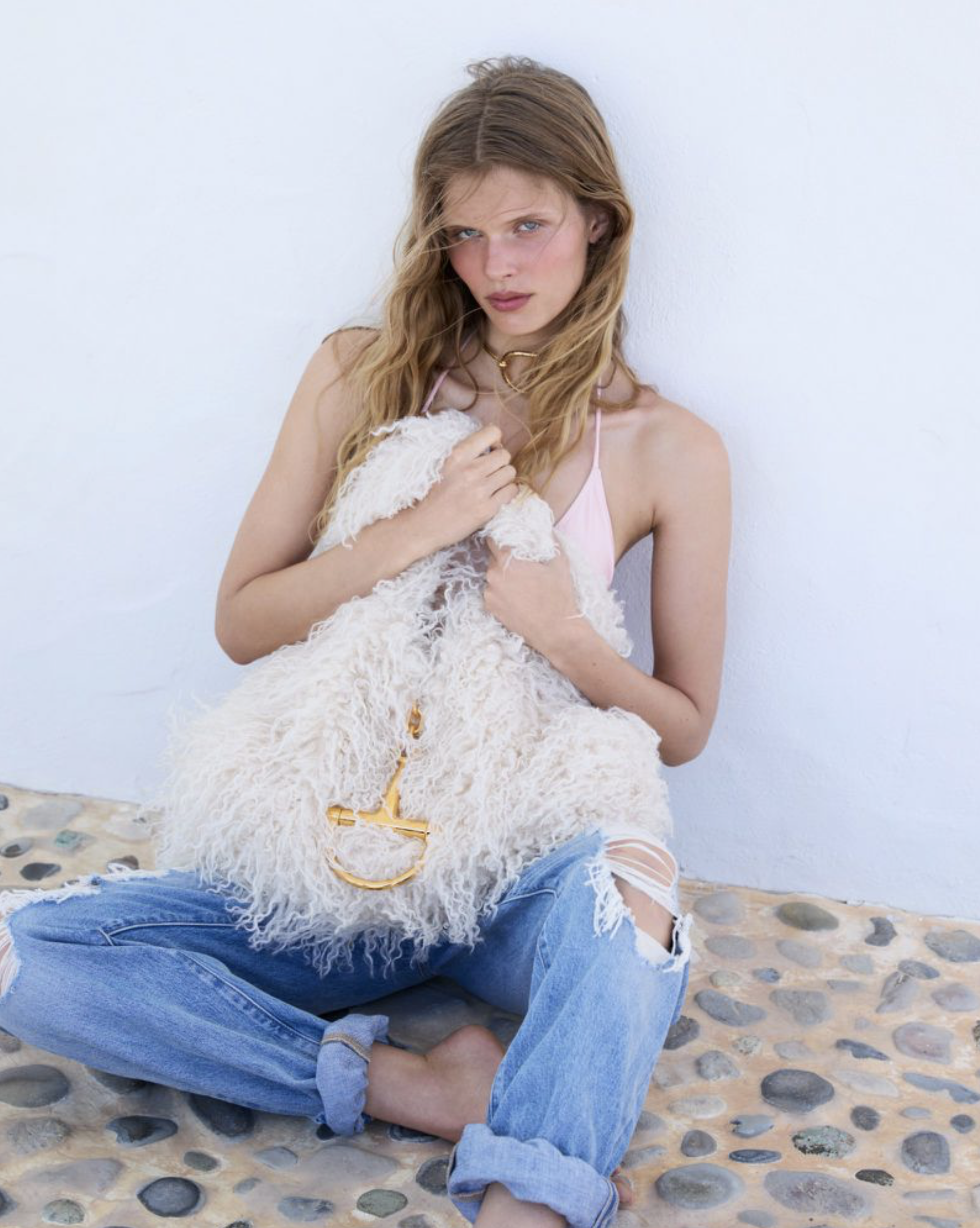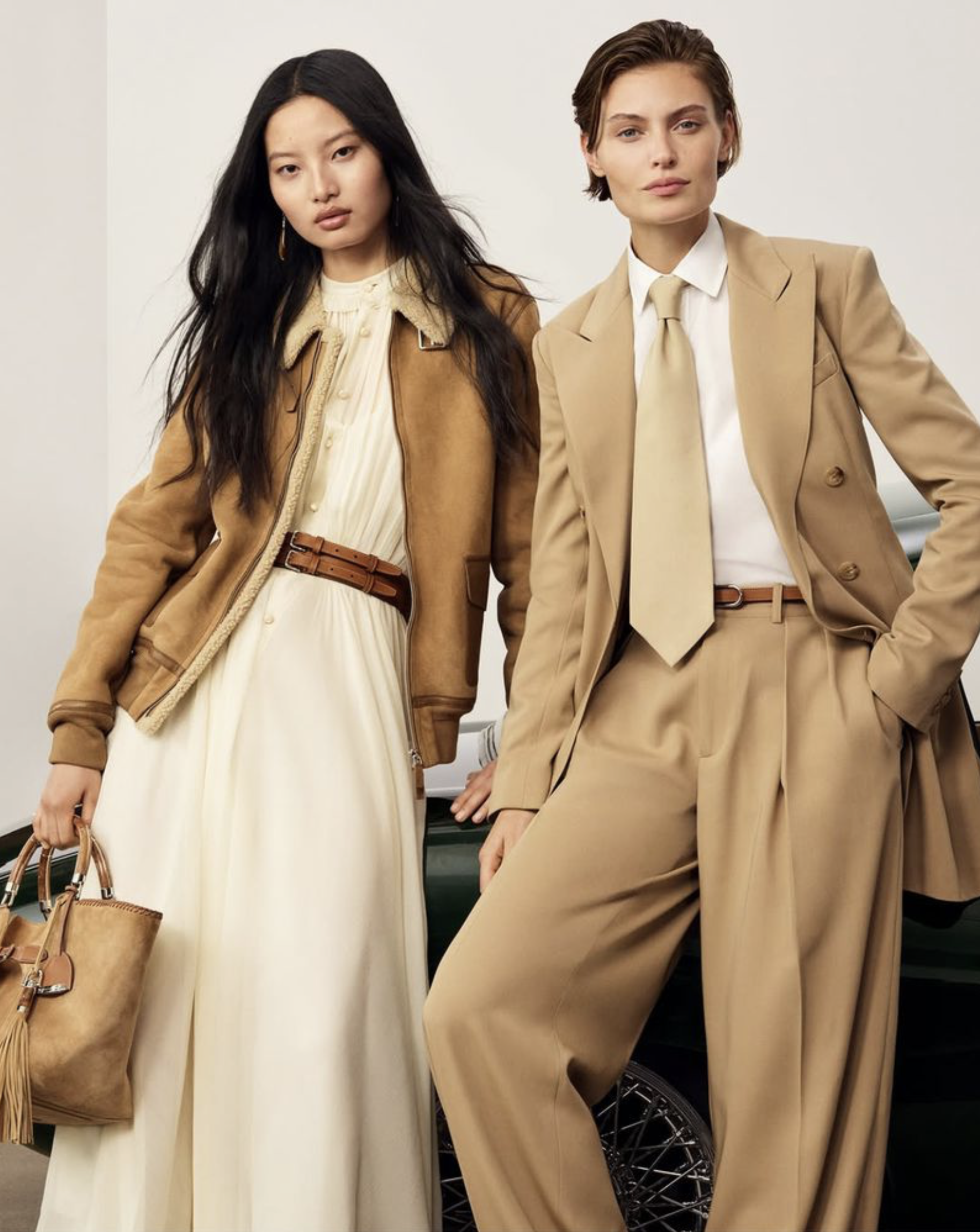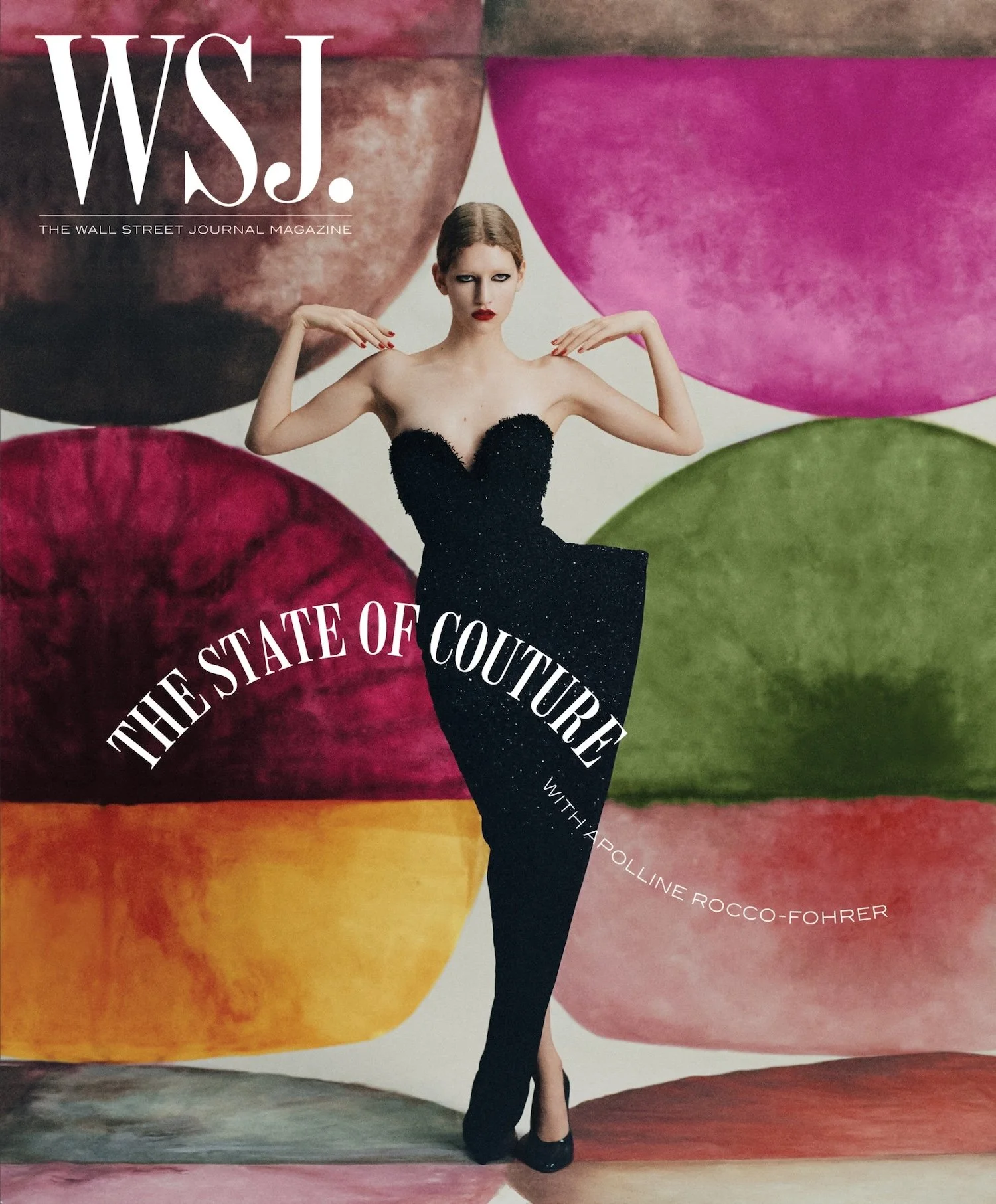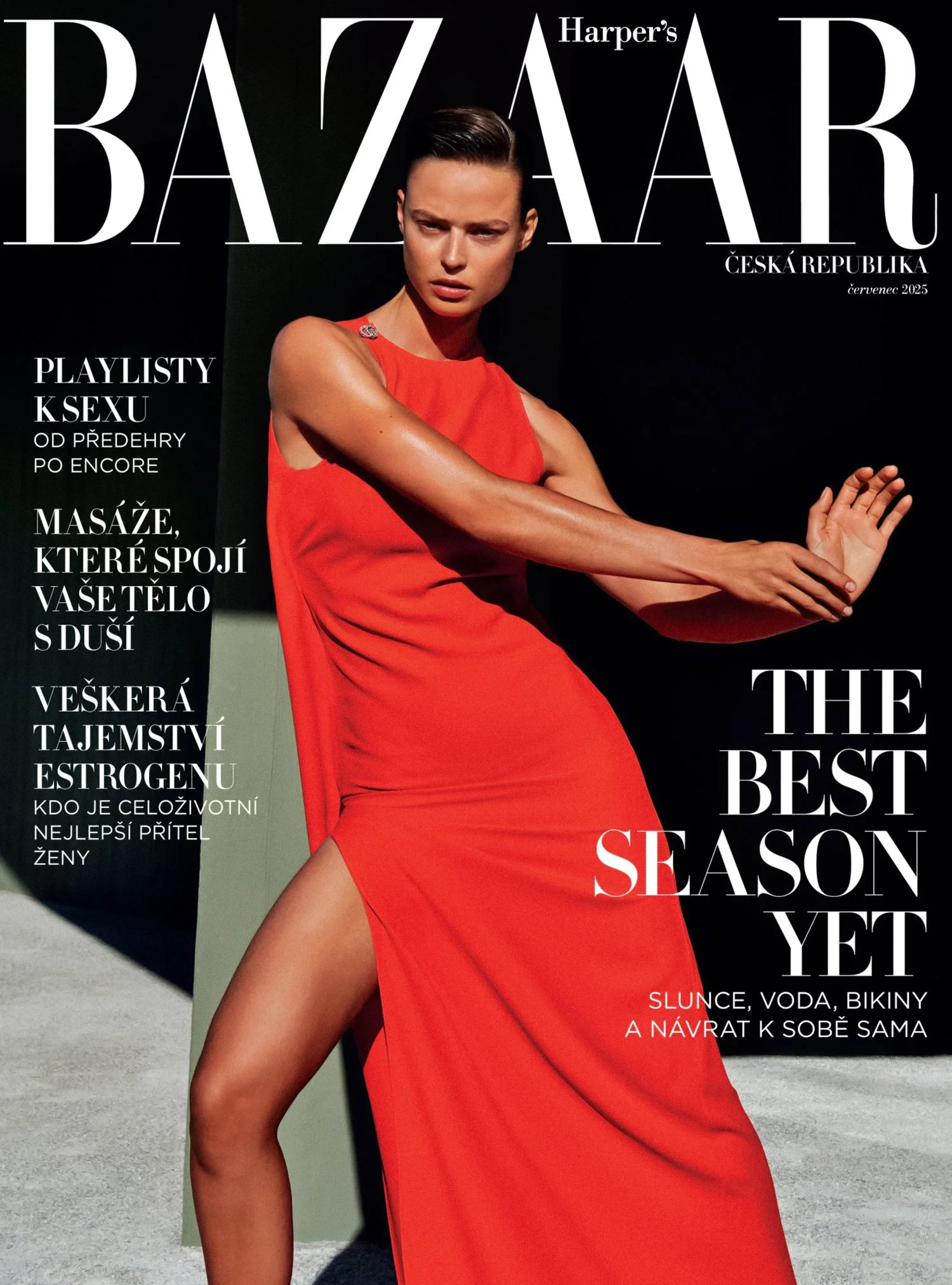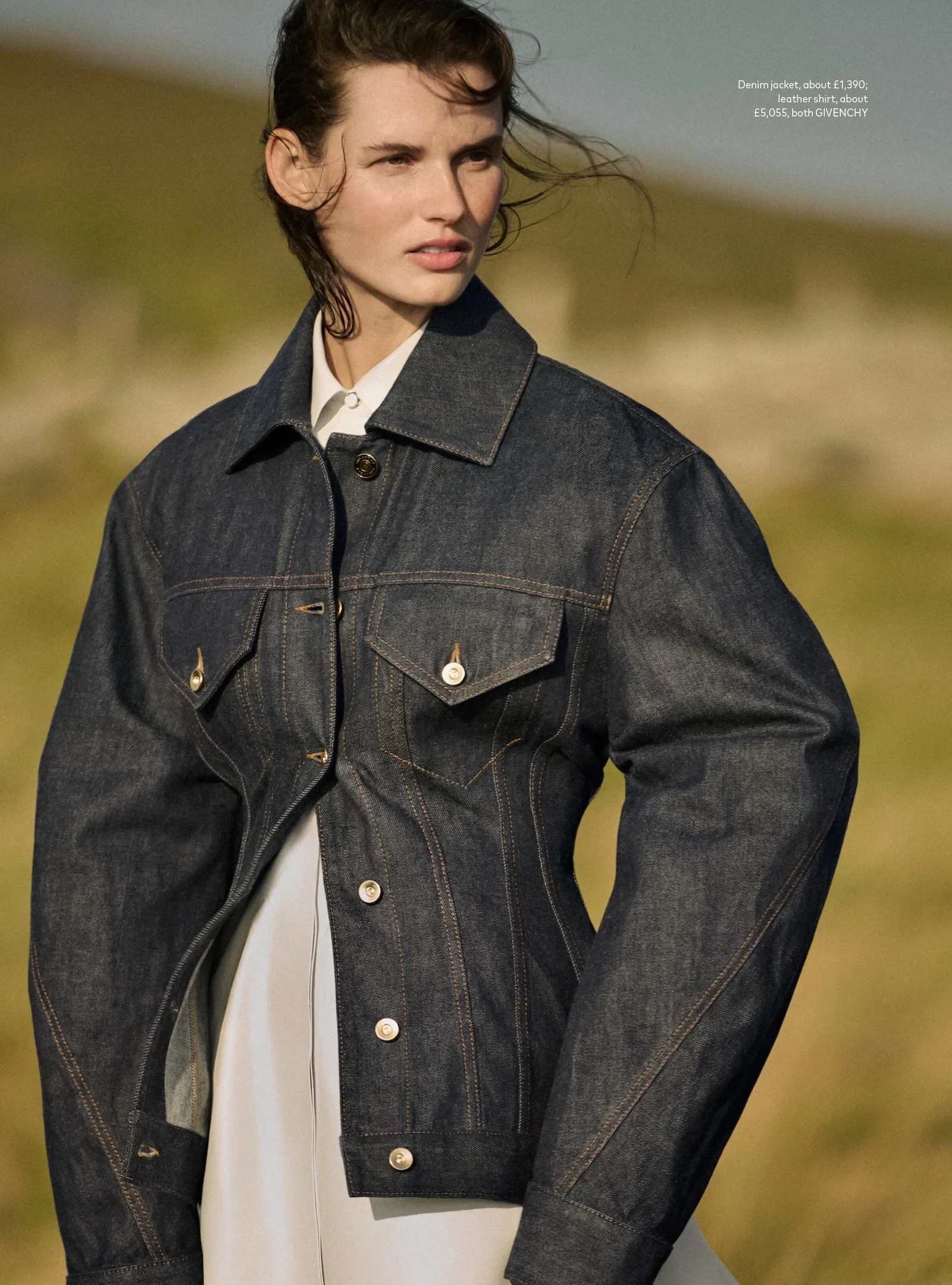Cate Blanchett on Innovation, Creativity and Proof of Concept for Vogue China May 2024
/Before VOGUE China‘s May 2024 Issue cover star landed in Shanghai for Louis Vuittton’s Nicolas Ghesquière’s Pre-Fall 2024 collection show, LV’s high jewelry ‘Spirit’ ambassador spoke to Graham from her East Sussex home.
Sydney Theatre Company 2008 to 2014
It’s been a decade since AOC wrote about Blanchett and husband, director Andrew Upton made a key life decision that required them to leave their co-Artistic Directors and CEOs of Sydney Theatre Company from 2008 to 2014. Today, the couple remains very inspired by those precious years, manifesting an expressed desire to rediscover them in new ways.
“One of the first things Andrew did when we started at the STC was to take the desk out of the office.” she recalls. “He said, ‘The office needs to be a place of conversation, and if someone is sitting behind a desk with a computer on it, and the artist is on the other side, it speaks volumes.’” She describes her time there as “one of the most fulfilling creative periods of my career thus far.”
Wordsmithing and Defining legacy
Vogue China explores the idea of legacy in the May issue. What is the balance between legacy and innovation? What begets legend status? AOC adds . . . when every model is now a ‘supermodel’ and every breath she takes is an ‘iconic’moment.
With two Academy Awards under her belt, the thrill-seeking element of a new role remains paramount to Cate Blanchett.
“I think there has to be something terrifying in there, or unknown, or beyond my ken, in order to make me lean into it,” she muses. It also has to be a good conversation - a word she uses frequently to describe her collaborative nature.
Graham delivers a superb new descriptor about exceptional talents — a phrase that will be co-opted pronto. AOC is almost afraid to write the words . . . “Cate Blanchett is a titan of her craft”. Surely we can agree that only a select group of people are truly “titans of their craft.” With the word “iconic” totally polluted by the fashion press, surely we’re not all “titans”.
It’s enough to be talented . . . titanic status should be earned and not bestowed by some dude or dudette who described Carine Roitfeld as an ELLE stylist in WWD this week. Fashion writers are truly hitting rock bottom, but not Georgina Graham. Wrap up that phrase, Georgina and put it in your pocket where no one will see it.
Proof of Concept Accelerator Program
The interview moves to Proof of Concept Accelerator Program founded by Cate Blanchett and Coco Francini, who are partners behind Dirty Films. The duo is collaborating with Dr. Stacy L. Smith and the USC Annenberg Inclusion Initiative to promote the perspectives of women, trans and nonbinary people. Netflix’s Fund for Creative Equity is backing the project.
Blanchett acknowledges that the program is probably headed for a big fight with Republicans arguing that projects like this one have now been declared unAmerican and illegal by our US Supreme Court.
The most recent annual report from Dr. Smith and the Annenberg Inclusion Initiative, are that only 6% of the directors of the 1,600 top-grossing movies were women. Less than one-third of all speaking characters in those same films were girls, women, trans or nonbinary people.
Preparing for the Republican Attack on Proof of Concept
Blanchett asserted great conviction and passion in announcing the founding of Proof of Concept Accelerator Program in late December. A maximum of eight filmmakers will be chosen for the program’s inaugural cohort. The talents will receive $50,000 in funding to create a proof-of-concept short film for a potential feature film or television series. One-on-one mentorship and guidance offered by leaders in the industry is also key to the project.
“The minute anything is hermetically sealed and homogenous, it’s basically creatively dead,” Blanchett tells Graham. Reality is that she’s anticipating some pushback, because nothing can even remotely discriminate against white men in today’s America. And they are bird dogging our every move.
Blanchett is more diplomatic.
“These things get politicised very quickly, and some people see it as an act of aggression. I don’t know when inclusivity ever became an act of aggression, but I think it makes some people very defensive, rather than looking for the incredible opportunity in it.”
And the beat goes on . . . ~ Anne
